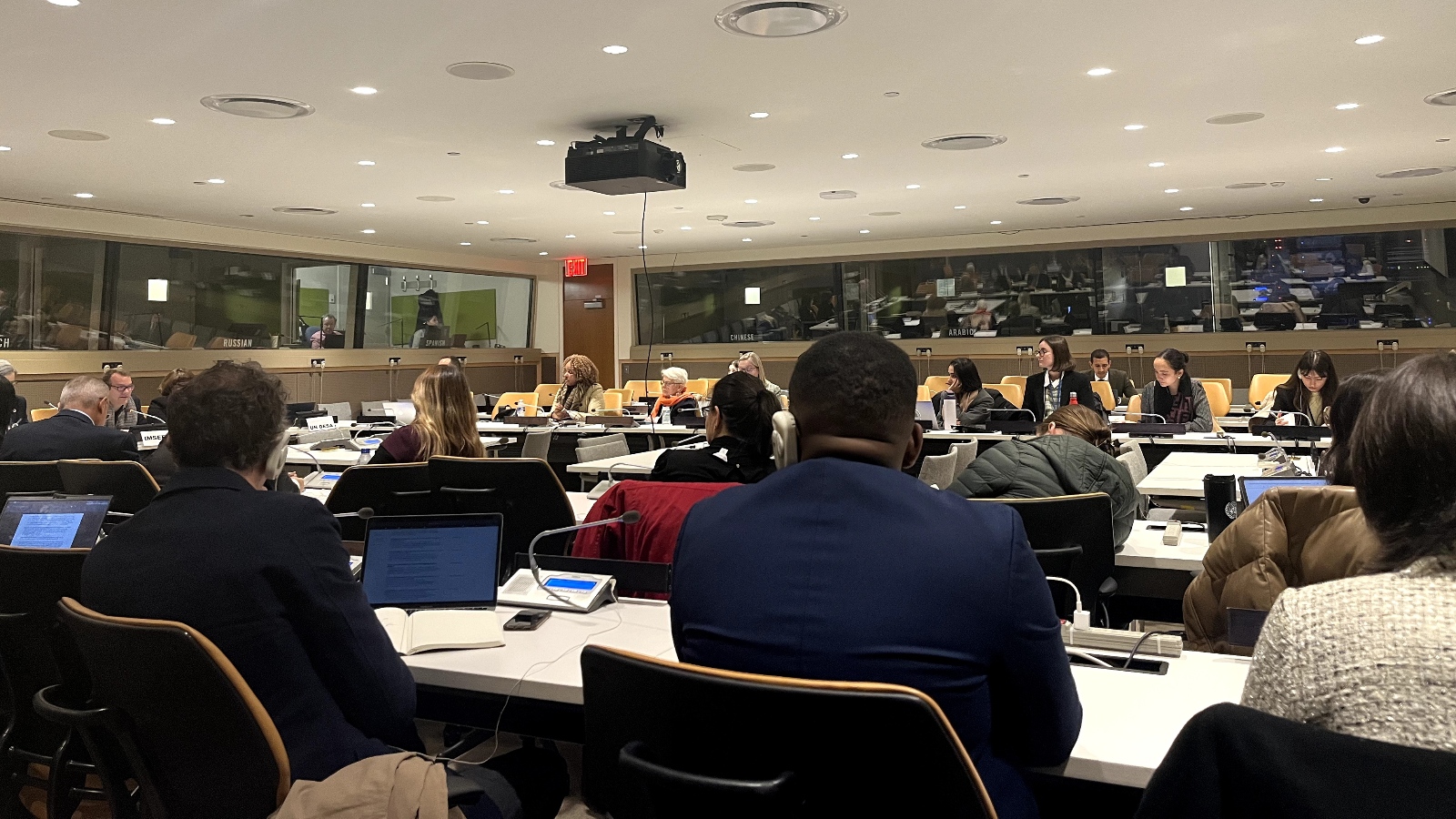
At the 63rd Commission of Social Development, the Permanent Mission of Spain hosted the event ‘Social development in ageing societies: advancing in deinstitutionalization of care from a person-centered approach.’ The event focused on the need for governments to develop and maintain strong support systems for elderly persons and caretakers and underscored how the upcoming Second World Summit presents a crucial opportunity to integrate the topic of aging into global discussions.
The need for a shift in perspective
As discussed by Julia Ferre, Social Affairs Officer at UN DESA, the world summit will be imperative in positioning older individuals as active participants in society. While the topic of ageing was acknowledged in the First World Summit for Social Development, held in 1995, it was considered in a very limited scope — elderly persons being thought of solely as recipients of care (elderly persons defined by the UN as individuals over 60 years of age). Further, since the first summit, the population of older persons has doubled, with much of this growth occurring in developing countries that are under-equipped for the demographic shift. Given the infrequent nature of world summits and the cultural and demographic changes since 1995, integrating the topic of ageing into the upcoming agenda is both timely and essential.
Subjects to be considered at the Second World Summit
The panelists then described the resolutions they would like to see achieved at the summit. As expressed by Adelina Comas-Herrera of the London School of Economics, elderly persons deserve a lifestyle that is in accordance with their human rights, and so we must ensure that governments are providing their elderly population with top-quality care. We need to also address the subject of care workers, and be innovative in providing support for elderly persons who act as primary caregivers for their spouses or family members. There is an additional gender disparity here, as women are more likely to end up in positions of care work than men. Because of women’s on average longer life expectancies, they often spend more time providing unpaid care to others — usually their spouses. It has been shown that people who provide care for more than 20 hours a week begin to experience negative impacts on their mental, emotional, and financial health.
We also have lessons to learn from COVID-19, and those lessons should be taken into account when discussing this issue. As explained by Comas-Herrera, the takeaways from the pandemic are two-fold. First, among the labour groups with the highest mortality rates were care workers. Second, governments found that they did not have accurate data on their country's elderly population. Both of these points show us a clear agenda of what we need to fix and do better going forward.
Finally, the growing elderly population is a pressing issue worldwide and should be treated as such. Although the number of elderly persons has almost doubled since 1995, public spending on care workers has not mirrored this growth — despite past claims from various stakeholders that it would. Countries continue to offer the same resources and support they offered 20 years ago, despite the substantial increase in the elderly population and the pressing demand.
Preparatory policy brief
To prepare for these conversations at the Second World Summit, a policy brief was launched by the UN Inter-Agency Group of Ageing. This brief aims to provide targeted, technical guidance to member-states and delegates on the ageing perspective, key entry points for change, and to summarise recent language relevant to the topic.
Source: UN DESA
 Welcome to the United Nations
Welcome to the United Nations